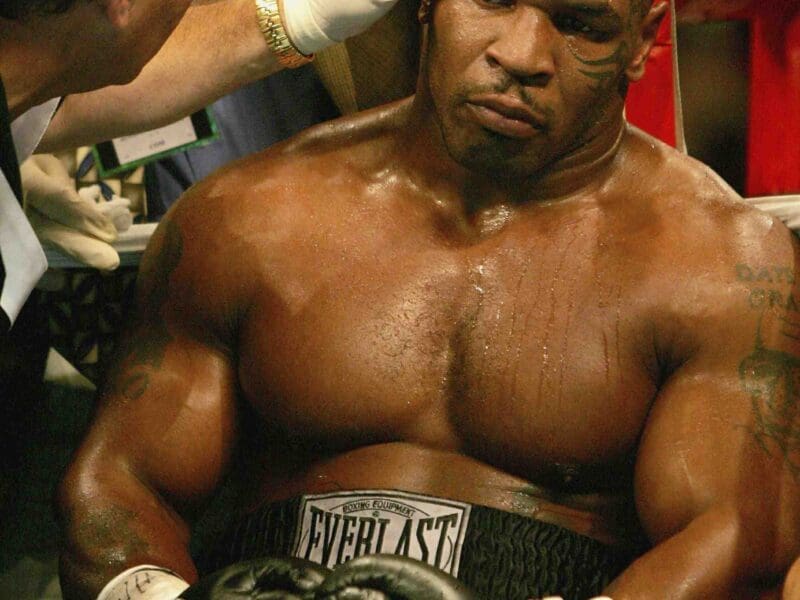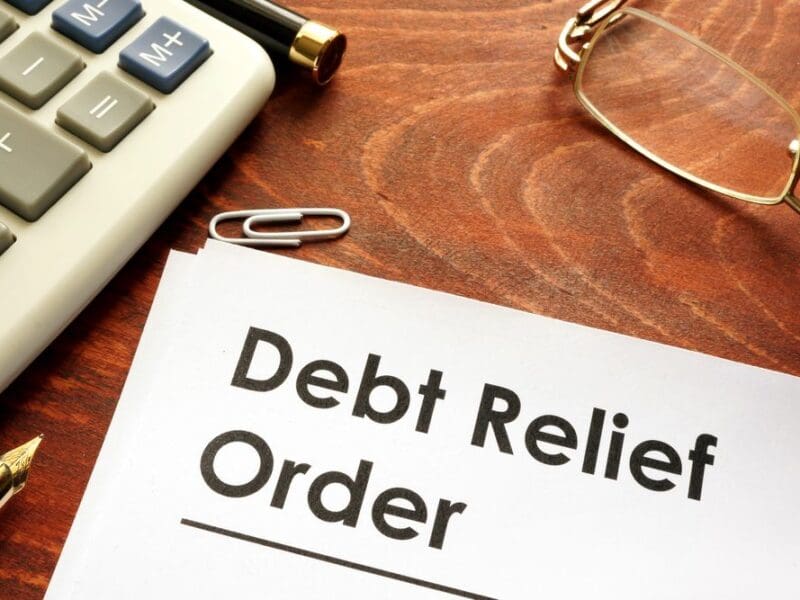
What is Krugerrand and the History of the Krugerrand?
When it comes to heritage and history, the Krugerrand gold coin draws particular attention in the bullion world. Today, we have numerous options for gold bullion coins. But back in the 60s, only Krugerrand ruled the market as the exclusive coins made of the purest gold content (22-karat gold) to date. Its launch was driven by the promotional purpose of the newly discovered mine of gold in South Africa. As a result, it was the first modern gold bullion coin made available for private investment.
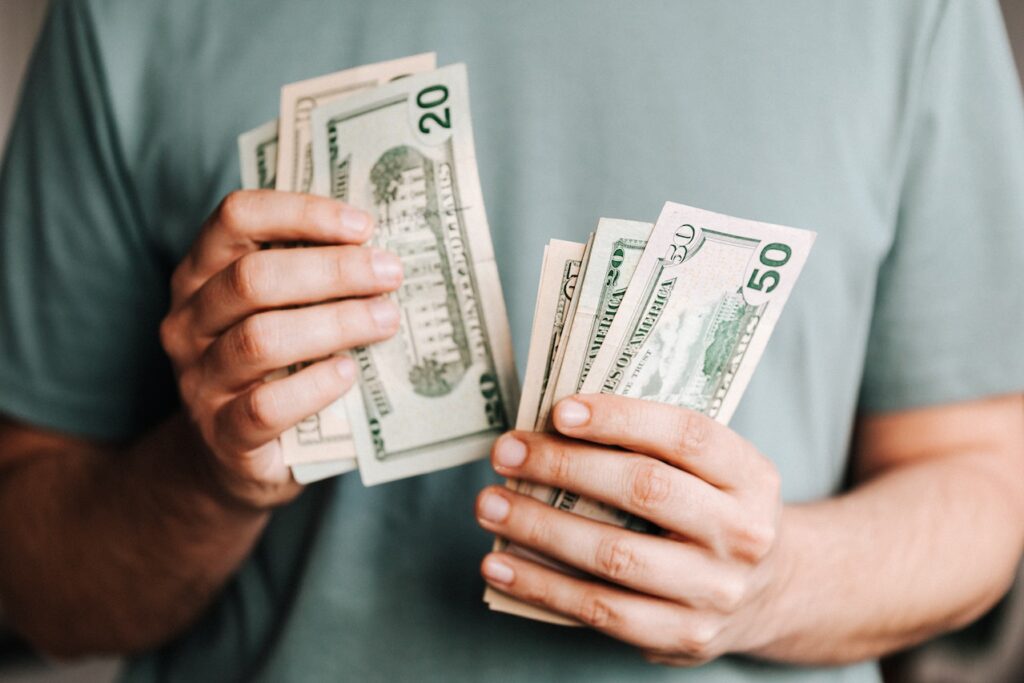
What is Krugerrand?
South African Mint was the authorized producer of Krugerrands. The first production year of Krugerrands was 1967. Rand Refinery is a precious metal refining company that collaborated with the South African Mint on this project. The name of the coin was given on the appellation of Paul Kruger- the first Boer President of the country. He served the country from 1883 to the turn of the century in 1900. The terms “rand” (the official currency: south african rand) and “Kruger” were conjoined to create the name Krugerrand.
The South African Krugerrand Gold Coin series debuted as a 1 Troy oz coin. However, it lasted for a short span of time. Then, in 1980, the popularity of the Gold Krugerrand led to circulation spanning over 90% of the global gold coin market. This upsurging demand caused the South African Mint to increase its mintage and, eventually, added a new collection to the series. This introduced three fractional-weight coins: 1/2 oz, 1/4 oz, and 1/10 oz. Up to this time, all of these versions were made of 22-karat (91.67%) gold content.
There’s also limited-issue proof Gold Krugerrands. These limited edition gold coins are distinguished due to noticeable design alterations on the coin’s obverse and reverse sides.
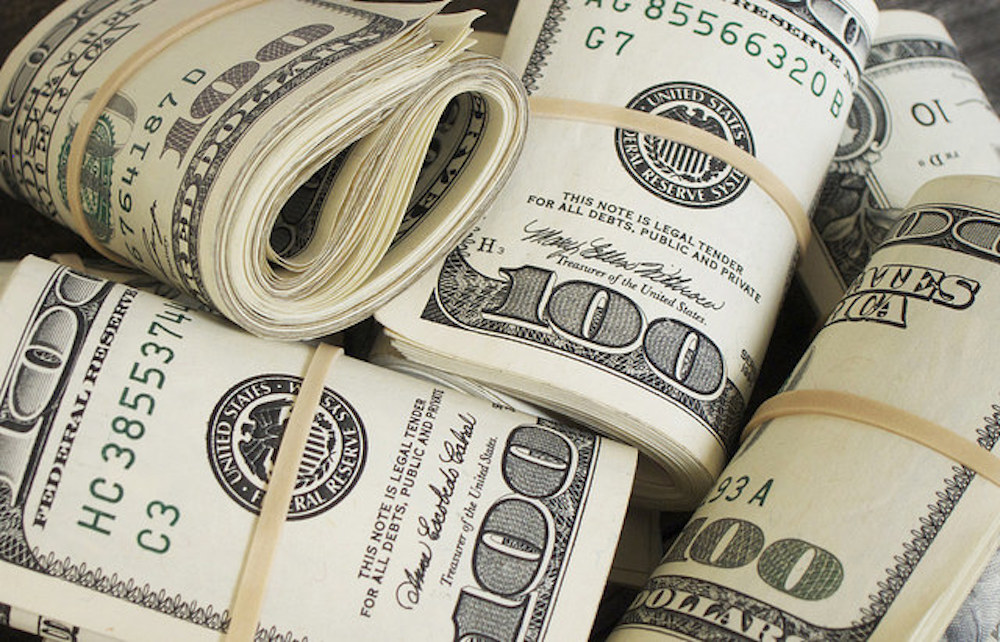
The History of Krugerrand
From 1967, the Krugerrand production was limited to a specific mintage volume each year (40,000 coins from 1967 to 1969 as the annual cap). In the year 1970, the Mint released 200,000 coins. While the coin was enjoying global popularity in the late 70s, its competitors entered the market. The exclusive collection of “Canada Maple Leaf” hit the market in 1979, and three years later, China launched its one-ounce gold “Panda” gold coin series. The circulation of these two later coin series deeply impacts the Krugerrand gold coin popularity and demand level worldwide.
The graph shows that the demand rose steadily from 1967 to 1970. From 1970, the demand line through the 1980s to 1990s. After two years of severe declination, the graph line finally began rising in terms of popularity up to 1999 with the annual production leading to as high as six million from as low as 24,000. By 2018, the production of the Krugerrand gold coin series climbed to the use of 50 million ounces of gold.
About South African Mint
Now that you have a clear idea about What it is Krugerrand, let’s explore some key details of the South African Mint. The official mintage site of Krugerrand, South African Mint, is a privately owned mint in South Africa. This Mint operates with the South African Reserve Bank for the mintage of federal coins in rand currency for money circulation. This Mint is located in Centurion, Gauteng. Its inception dates back to 1890 as the first national Mint of South Africa. In 1923, it later became a branch of the Royal Mint of England. However, the Mint again returned to being an independent mint in 1941.
Now South African Mint operates with Rand Refinery- a single-site precious metals refining and smelting site with the status of the largest complex in the world. It was founded in 1920 to refine the gold used in Krugerrand mintage. This refinery is the authorized owner of the trademark on the word “Krugerrand.”

Designs of South African Gold Krugerrand
The obverse and reverse sides of the South African Krugerrand Gold Coin have long featured the same design elements. Over the course of more than five decades of production, the only change that has occurred is a modernization of the designs used on either side. These designs remain on the South African Gold Krugerrand to this day:
Obverse: On the reverse, Paul Kruger’s left-profile portrait is surrounded by the Afrikaans word “Suid-Afrika” and the English word “South Africa.”
Reverse: This side of the coin incorporates the picture of a Springbok impala, the authority image of the cutting-edge Republic of South Africa. An engraving of the year of issue, weight, and metal content, as well as the name “Krugerrand,” can also be seen. In 1984, Coert Steynberg updated this design.
The reason why bullion Gold Krugerrands is special from any proof gold coins is due to its significant design feature. Serrations extend all the way around the design field on both sides of the coin. When you count these serrations, you will find a sum of 160 serrations on the gold bullion coin contrasted with 220 serrations on the verification coins.
Krugerrands has a durable design. It is because its composition is made of a gold-copper alloy. In addition, the coins are manufactured to weigh slightly more than one ounce total (1 and 1/11 ounces) so that they contain one full troy ounce of gold, despite only consisting of 91.67% gold and 8.33% copper (22 karats).
When compared to pure gold bullion coins, Krugerrands’ partial copper composition makes them more resistant to scratches. This is one reason why the Krugerrand gold coin series is so desirable and popular over many other gold bullion coins. In comparison to bullion coins made entirely of gold, Krugerrands also have a slightly orange hue due to the copper component. The South African Save Bank restricts the exportation of Krugerrands. When leaving South Africa, visitors may bring no more than fifteen coins with them.
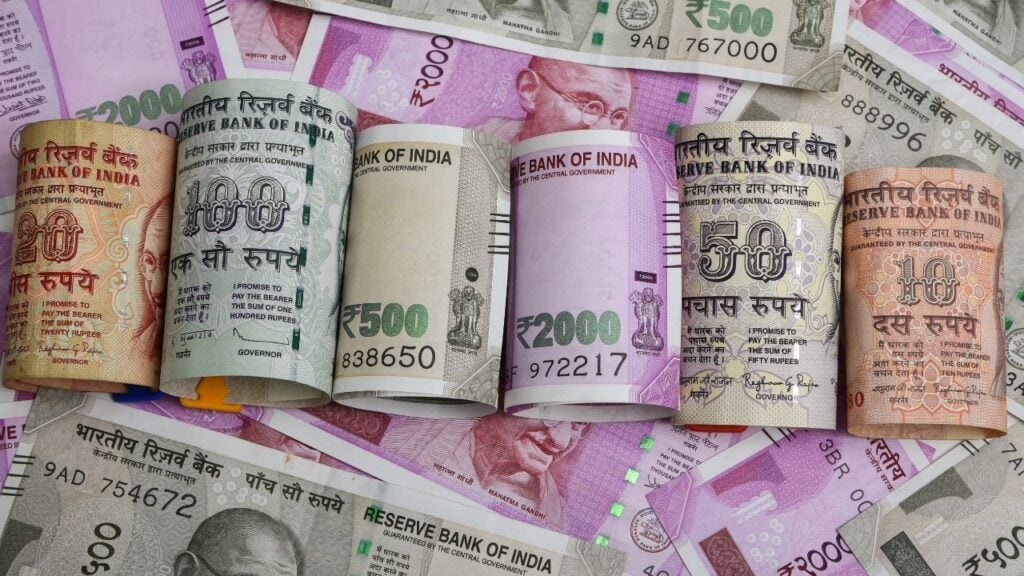
Conclusion
Due to the resurgence of gold Krugerrands and rising gold and silver prices, one-ounce silver Krugerrand bullion coins were produced beginning in 2018. The first gold Krugerrand’s strategy is replicated in the 99.9% fine silver Krugerrand. To commemorate its 50th anniversary, the Krugerrand was minted in platinum in 2018 as a collectible proof. Proof coins have sixty more edge serrations than regular bullion coins. If you want to buy Krugerrand gold coins or silver coins, then choose a reliable bullion product seller like BOLD Precious Metals. They have a wide collection of investment-grade and collector coins with certification of authenticity. Visit their website to make some lucrative investments in precious metals.





